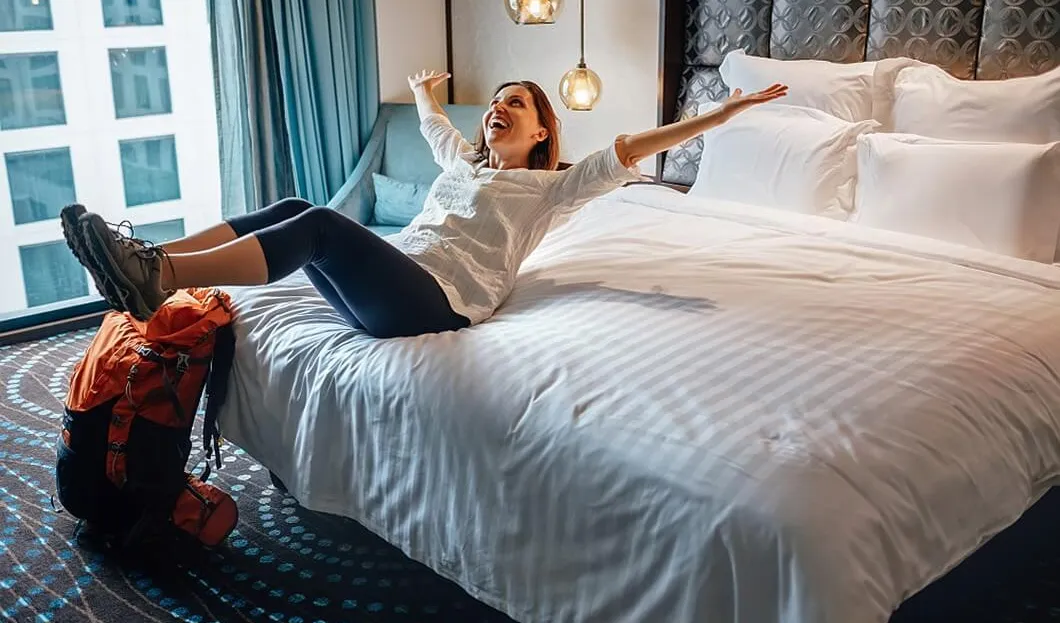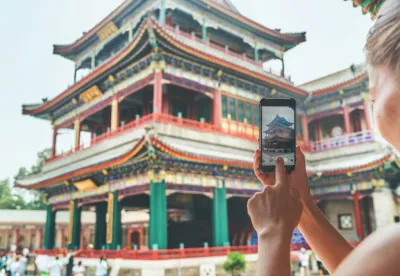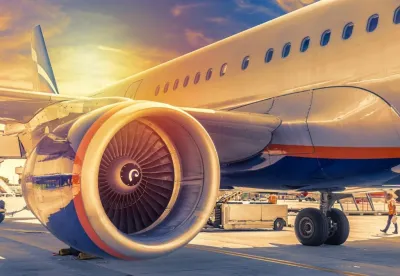
Kasa Living, the Airbnb like accommodation rental platform, has just released a report revealing that 90% of U.S. travelers prefer limited interaction with hotel staff.
This report, in which 1,000 U.S. travelers participated, reveals that frequent travelers, business travelers and younger generations are the ones who most demand the "self-directed" experiences offered by accommodations through technology. It is also these segments who are asking for fewer traditional lodging-style services.
In a remote, hybrid world, flexibility comes first - travelers take control of where and how they work or play. Therefore, the industry must adapt to meet those needs.
More Versatile Destinations
U.S. travelers surveyed prefer destinations that are versatile and less processed than what they think of as traditional.
For today's travelers, the best accommodations are those that can meet a variety of needs-from when they go as a family to when they choose to work remotely.
98% of respondents agreed with the above statement, while for 57% it was a "sine qua non" condition for choosing one accommodation over another.
The Time of Check-in
73% of U.S. travelers surveyed said they had unpleasant experiences with in-person check-in. Mostly, too long processes (44%), incorrect information (32%) or unfriendly staff (31%).
In addition, 47% of millennials surveyed rated check-in at the front desk and room service as a low priority when choosing a hotel. This percentage fell to 34% of Generation X respondents and 22% of Baby Boomers.
Likewise, respondents of all ages appreciate the flexibility that virtual travel planning brings. Among younger travelers, this interest is very prominent. In fact, 97% of respondents preferred to handle at least part of their trip planning through an app or website. Still, Generation Z and Millennials are up to twice as likely to prefer virtual check-in via an app or website than GenX or boomers.
A Taste for Digital
Ninety-nine percent of travelers planning to travel in the next five months indicated a preference for replacing in-person interactions with digital experiences. Increasingly, more travelers, especially younger travelers, feel more confident directing their own experience than relying on a third party to do so.
Likewise, most respondents prefer a flexible, hands-off approach to customer service over one that offers or requires interpersonal interaction. Among millennials and GenZ, the percentage rises above 60%.
Traditional Services Are Used Less
Likewise, respondents indicated that they do not need room service or staff at the front desk or bellhops. They prefer, however, a gym or a swimming pool.
On the other hand, 61% of bleisure or business travelers said that these more traditional services have limited appeal. However, they prefer other extras that normally go unnoticed, such as privacy or peace and quiet, to be taken into account.
Fifty-six percent of respondents said they used some of the services available, while 17% used very few or even none.
Finally, 81% of travelers encountered annoying guests at the hotel; and 70%, especially Baby Boomers, took action by alerting the front desk. Still, younger travelers are more reluctant to complain: only 47% of Generation Z and 59% of Millennials took action, such as notifying the front desk. Of course, they then left a negative review explaining that the hotel is noisy.










